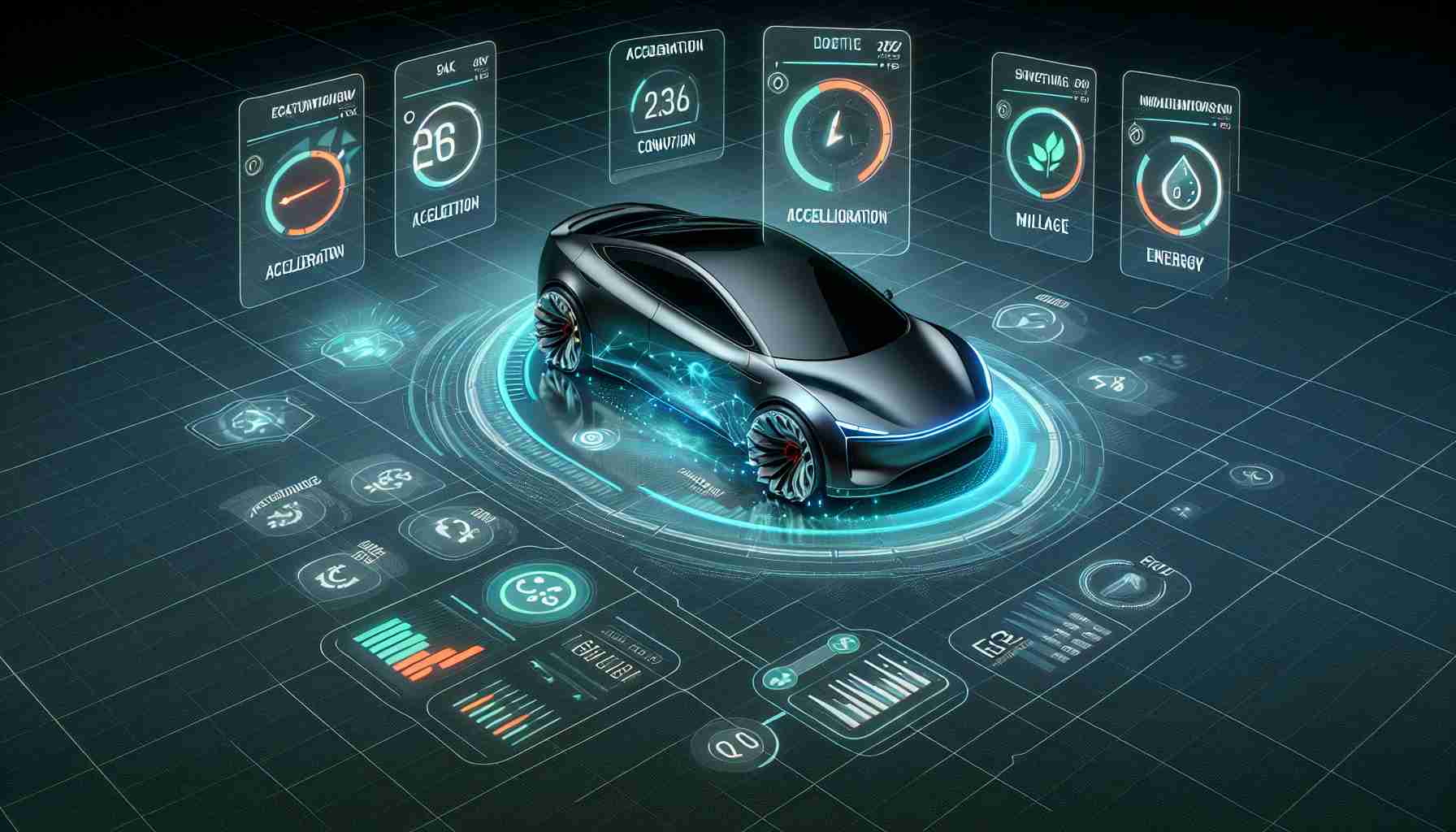Modern electric vehicles (EVs) aren’t just changing the way we drive—they’re also revolutionizing the way we interact with our cars through smartphone applications. The advancement of these apps allows drivers to prepare the temperature of their cabins, manage charging times, and enjoy an array of features right at their fingertips.
The essential utility of EV apps services is showcased through the ability to remotely control vehicle functions. Whether it’s at home or away, these applications turn vehicles into connected, intelligent devices that extend their functionality beyond transportation.
The latest 2024 U.S. OEM EV App Report presents an insightful ranking of these applications, reflecting the evaluations of nearly 1,300 EV drivers across the United States. The extensive survey considered over 350 best practice aspects, with a special focus on 70 features unique to electric vehicles.
In the premium segment, Tesla’s app takes the lead, scoring 847 out of 1,000 points, followed closely by Mercedes-Benz and BMW, while Volvo Cars, Jaguar, and Polestar apps found themselves at the lower end of the spectrum. For the more widely accessible brands, Hyundai stands out among mass-market EV apps, surpassing the likes of Kia and Ford, whereas other brands such as Volkswagen and Subaru ended up with lower scores.
While the general trend indicates improvement, with a reduced number of users reporting connection issues, there is a divergence in app reliability and functionality across brands. Notably, Tesla experienced an upward trend in connection problems, though its app remains highly influential on purchasing decisions. Nonetheless, for non-Tesla drivers, the appeal of a companion app holds less sway in their choice to go electric, hinting at a diverse range of consumer priorities.
When discussing the performance of 2024 Electric Vehicle (EV) apps, it’s essential to consider the broader context surrounding the adoption and use of these technologies. Here, we’ll delve into further details to enhance the understanding of the topic at hand.
The importance of user experience in EV apps cannot be overstated. Apps need to be intuitive and user-friendly to meet drivers’ expectations. With the proliferation of EVs, drivers are looking for seamless integration between their automotive and digital lives. The user interface and ease of navigation within the app are critical – if an app is too complicated, drivers may not use it, diminishing its value.
Key challenges include maintaining the security and privacy of users while providing a robust set of features. As cars become increasingly connected, the risk of cybersecurity threats rises. Manufacturers must ensure that their apps are not only feature-rich but also secure against potential breaches.
Another challenge is achieving a balance between functionality and simplicity. With so many potential features to include, there’s a risk of overwhelming users. Developers must thoughtfully consider which features provide the most value without cluttering the app.
Advantages of high-performing EV apps include enhanced convenience and comfort for drivers. Being able to precondition the vehicle’s temperature or manage charging remotely adds to customer satisfaction and can enhance the ownership experience. Additionally, features such as real-time charging station updates can help with range anxiety, a common concern among EV drivers.
Disadvantages might stem from driver reliance on app functionality, potentially leading to distraction or a tendency to engage with the app while driving. Moreover, if an app becomes inoperative or disconnects frequently, it can cause frustration and reduce the perceived reliability of the vehicle itself.
Controversies may arise surrounding data privacy and the extent to which vehicle data is collected and used by app developers and car manufacturers. Drivers may be concerned about how their driving habits and location data are managed and who has access to this information.
To learn more about electric vehicles and related technology, the following credible sources could be of interest:
– The official website of the eere Energy Department, which provides a wealth of information on energy efficiency and renewable energy, including electric vehicles.
– The Environmental Protection Agency (EPA) offers insights into environmental aspects of EVs and their impact on emissions.
– For industry news and developments, Electrive is a news service that covers international electric mobility developments.
When looking for the most recent EV app performance reports or rankings, it’s important to consult industry analysts or companies known for conducting such user experience research. Ensure that the source is reputable and recognized for its expertise in the field to get accurate and useful information.
